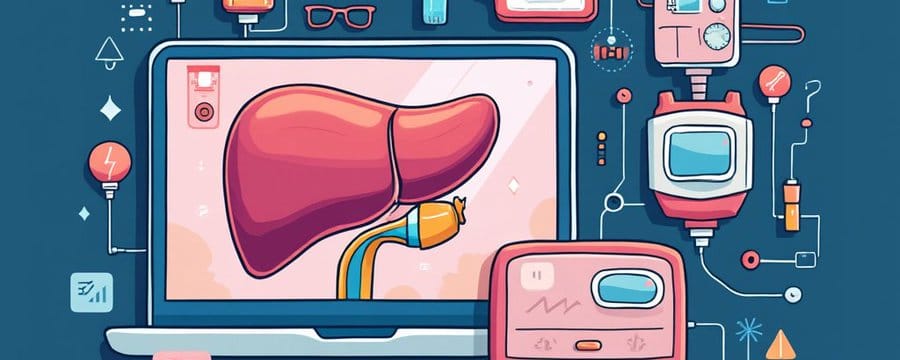
In the UK, as indeed around the globe, diabetes remains a prevalent health concern affecting millions. Traditionally, insulin has been the cornerstone of diabetes management, particularly for Type 1 diabetes but also for many with Type 2.
However, the landscape of diabetes treatment is evolving, with innovative therapies emerging that offer new hope for better management and potentially, remission of the disease. Here, we delve into some of these pioneering treatments:
1. Incretin-Based Therapies
- GLP-1 Receptor Agonists: These medications mimic the effects of the incretin hormone GLP-1, which is naturally released in the gut after eating. They enhance insulin secretion, reduce glucagon release, slow gastric emptying, and promote satiety, leading to weight loss. Drugs like liraglutide and semaglutide have shown not only to control blood sugar but also to reduce cardiovascular risks.
- DPP-4 Inhibitors: By inhibiting the enzyme DPP-4, these drugs prolong the action of naturally occurring incretin hormones. Sitagliptin and saxagliptin are common examples, offering a convenient oral treatment option with a low risk of hypoglycaemia.
2. SGLT2 Inhibitors
- Sodium-Glucose Co-Transporter 2 (SGLT2) inhibitors like dapagliflozin and empagliflozin work by preventing the kidneys from reabsorbing glucose, thereby increasing glucose excretion in urine. This not only aids in blood sugar control but also has beneficial cardiovascular and renal outcomes, making it a dual-purpose therapy.
3. Amylin Analogues
- Pramlintide, an amylin analogue, is used alongside insulin for both Type 1 and Type 2 diabetes. Amylin, normally co-secreted with insulin, slows nutrient absorption in the gut, reduces appetite, and enhances satiety, thus aiding in better postprandial glucose control.
4. Gene Therapy
- While still largely experimental, gene therapy for diabetes aims at correcting genetic defects or enhancing insulin production. Early research involves genes that could trigger insulin production in liver cells or improve the function of beta cells in the pancreas.
5. Stem Cell Therapy
- Stem cell research is opening up possibilities for regenerating insulin-producing pancreatic cells. This could potentially cure Type 1 diabetes by restoring the body's ability to produce its own insulin. Trials are underway but are yet to reach clinical application.
6. Bionic Pancreas
- An advanced form of insulin delivery, the bionic pancreas system uses continuous glucose monitoring paired with an algorithm-driven insulin pump to automatically adjust insulin doses. This technology aims to mimic the function of a healthy pancreas, potentially reducing the daily burden of diabetes management.
7. Artificial Intelligence and Machine Learning
- AI applications in diabetes care are not a direct therapy but an innovative approach to management. AI can predict glucose fluctuations, optimize treatment plans, and provide personalized advice based on vast datasets, enhancing the effectiveness of existing treatments.
The field of diabetes treatment is witnessing a paradigm shift with therapies extending beyond traditional insulin therapy. These innovations not only aim at better glucose control but also at tackling the multifaceted nature of diabetes, including cardiovascular, renal, and weight management issues. While some treatments are already part of clinical practice, others are on the horizon, promising a future where diabetes might be managed with even greater efficacy and less daily intervention.
For patients and healthcare providers in the UK, these advancements signify a move towards personalized medicine, where treatment can be tailored to individual needs, potentially improving quality of life significantly. However, as with all medical advancements, the integration of these therapies into standard care will require rigorous testing, regulatory approval, and considerations of cost-effectiveness for the NHS.
The future of diabetes management looks promising, with science and technology paving the way for treatments that were once thought impossible.

Member discussion: